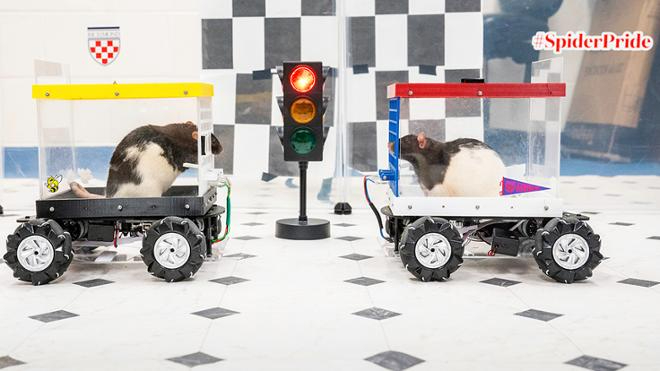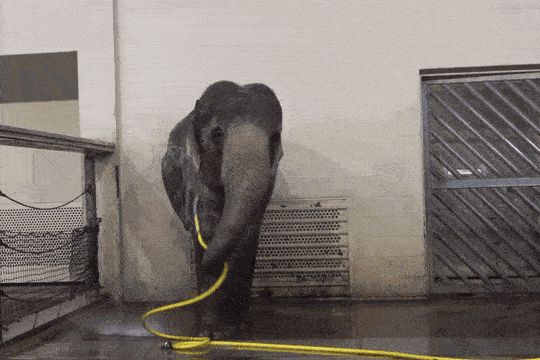New research is challenging scientists’ understanding of death

Image: Thomas Prior/NY Times
A team of Yale researchers who succeeded in partially resuscitating a severed pig’s head have turned their sights on a new target: the human brain.
Background: The researchers first started experimenting with pigs’ brains back in 2019. Four hours after one pig died, scientists pumped a special drug cocktail called BrainEx into its brain – and something unusual started to happen.
- The cortex turned from gray to pink, brain cells restarted protein production, and neurons displayed signs of metabolic activity identical to living cells.
- Basic cellular functions, which were supposed to irreversibly conclude after blood flow to the brain stops, were restored.
- The pig’s brain wasn’t technically alive – but it also didn’t appear to be dead, either.
Now this technique is being applied to humans. The Yale team says their objective with human brains isn’t to bring back consciousness – in fact, they’ve developed methods “to make sure no electrical activity is occurring in an organized way that might reflect any kind of consciousness.” Instead, they aim to keep brains viable after death to test potential treatments for debilitating neurological diseases, like Alzheimer's and Parkinson's.
More ado about death: A first-of-its-kind study published last fall found humans around the world show similar brain activity and report similar experiences after their hearts stopped beating, indicating consciousness and cognitive processes may occur when technically “dead.”
🤔☠️ Bottom line: For centuries, death has been defined by many professionals as either lacking heart or brain activity. But research is increasingly complicating this definition.
Share this!
Recent Science & Emerging Tech stories

Science & Emerging Tech
| November 19, 2024What driving rats can teach us about life
🚗🐀 Ratatouille was onto something – rats can teach humans things. At least according to University of Richmond neuroscientist Kelly Lambert, who recently published new insights regarding her team’s work with rodent F1 drivers.

Science & Emerging Tech
| November 19, 2024Why young physicians are flocking to dermatology
👩⚕️ Working four days/week, implementing cutting-edge tech, and collecting mid-six-figure salaries – tech industry perks are making their way to dermatology.

Science & Emerging Tech
| November 12, 2024Elephants are even smarter than we thought
🐘 Per a new study published in Current Biology, elephants possess remarkable skill at turning a hose into a flexible shower head, in the latest example of tool usage in the animal kingdom.
You've made it this far...
Let's make our relationship official, no 💍 or elaborate proposal required. Learn and stay entertained, for free.👇
All of our news is 100% free and you can unsubscribe anytime; the quiz takes ~10 seconds to complete